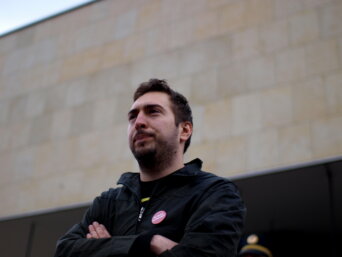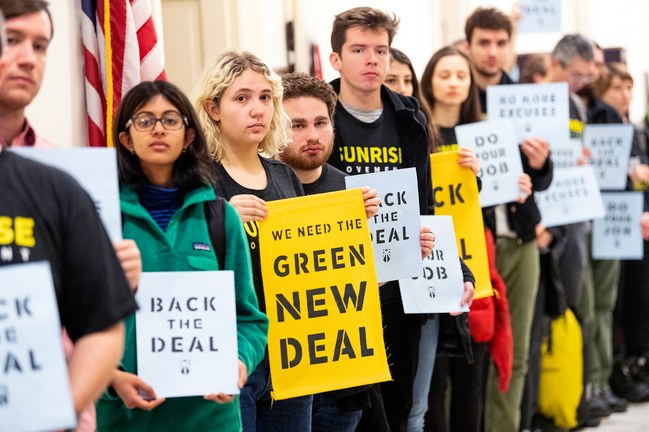- About
- Topics
- Picks
- Audio
- Story
- In-Depth
- Opinion
- News
- Donate
- Signup for our newsletterOur Editors' Best Picks.Send
Read, Debate: Engage.
| topic: | Election |
|---|---|
| located: | Croatia |
| editor: | Katarina Panić |
Four years ago, Tomislav Tomašević, leader of the Možemo! (We can!) party, had won less than five percent of the vote in the local elections in the Croatian capital, Zagreb. Last Sunday, Tomašević gained more than 45 percent of the vote and is now the most likely candidate to become Zagreb’s new mayor.
Last year, in the general election, his coalition took seven out of the 151 seats in Parliament and entered Hrvatski Sabor for the very first time. Hence, Mr Tomašević pushed the majority of parliament to popularise green-left positions, which are rarely popular in South and Eastern Europe.
“People voted for greener, more just and more democratic Zagreb,” Danijela Dolenec of Možemo! commented on the election results at a press conference on Tuesday.
Although Tomašević’s advantage was expected, the difference between him and the other candidates was certainly not: he won as many votes as the following five candidates altogether. The run-off against right-winger Miroslav Škoro, leader of the Homeland Movement (also a new political party), is slated for 30 May. The winner will replace Zagreb mayor Milan Bandić, who died in February while campaigning for a seventh term.
“In general, the election results show that the larger cities, not only Zagreb but Rijeka, Osijek, Split and Zadar, have voted for changes,” an observer at Gong, an NGO monitoring the electoral process in Croatia, told FairPlanet. “Secondly, both parties that were ruling over the last 30 years showed a further decline: conservative Croatian Democratic Union, HDZ, and Social Democrats, SDP even more. Voters punished them mainly because of long-lasting corruption and clientelism - the common ground that made the difference between right and left less and less visible.”
“Thirdly,” the observer further states, “newly established, small parties undermined the dominance of two main blocks. Besides Možemo! which attracted the leftists, Homeland Movement supported by the right-wing voters, there is a coalition Most (Bridge), preferred by Catholics.”
Analysts say a that particular transition is about to take place in Croatia. Whether it would be good depends on how new political parties deal with the opportunity at hand. Political elites used to be separated from ordinary people’s problems; now, citizens increasingly recognise the value of their own participation in making decisions.
“Thirty-one years after the first multi-party elections, Croats seem to understand the possibility of choosing, trying and making mistakes, but also giving up provenly wrong options”, columnist Vladimir Matijanić wrote in his comment for a popular Croatian portal - index.hr.
Image: tomislav medak.

